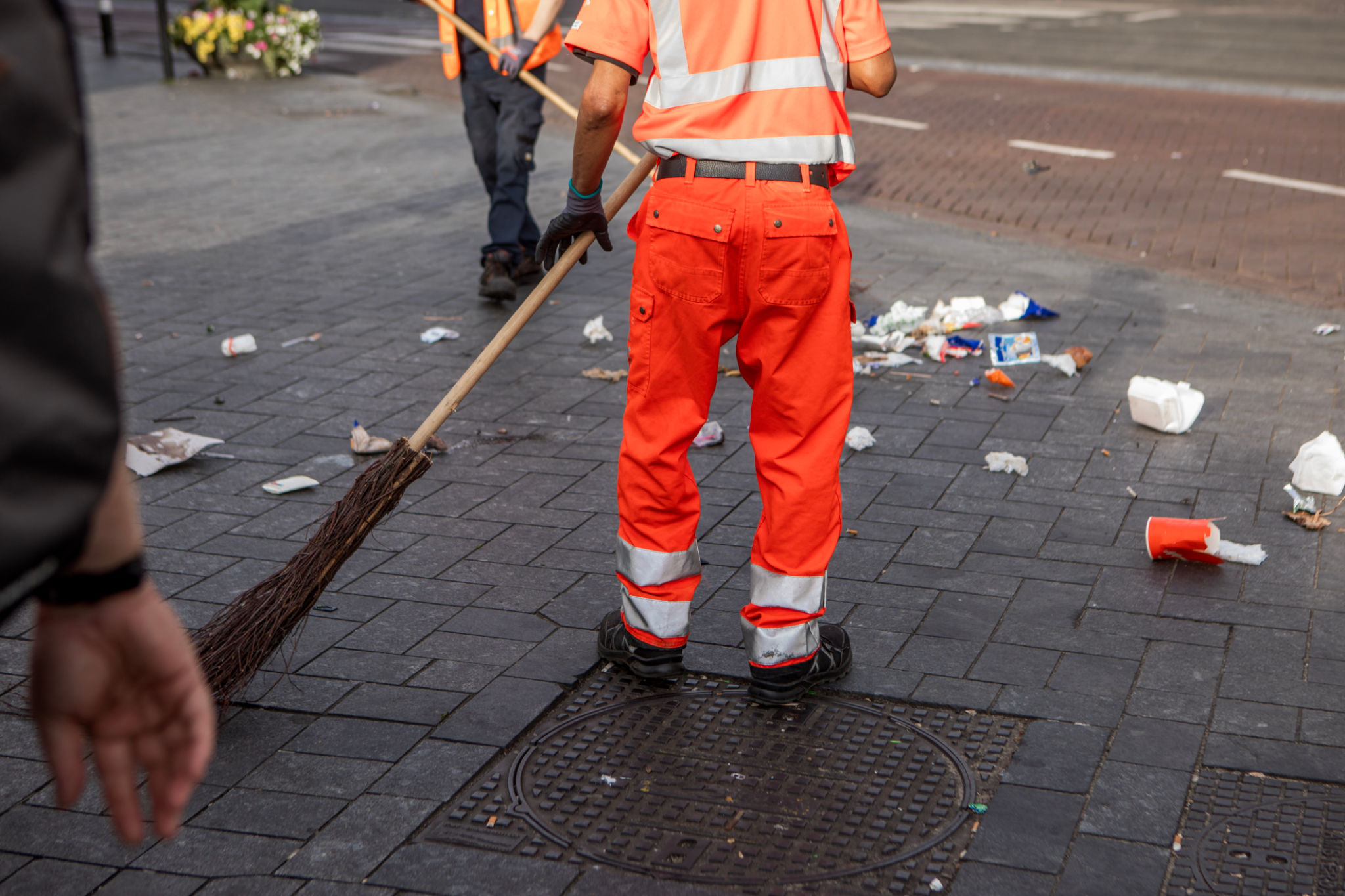The Importance of Regular Street Sweeping for Residential Communities
Enhancing Aesthetic Appeal
Regular street sweeping plays a crucial role in maintaining the visual appeal of residential communities. Clean streets contribute to a community's overall aesthetic, making the area more inviting and pleasant for residents and visitors alike. Not only does this enhance the neighborhood's beauty, but it also boosts property values and instills a sense of pride among residents.
Street sweeping removes debris such as leaves, litter, and dirt that can accumulate over time. This routine maintenance helps keep streets looking fresh and well-kept, which is essential for neighborhoods aiming to maintain their charm and appeal.

Improving Environmental Health
Beyond aesthetics, regular street sweeping significantly contributes to the environmental health of residential areas. By removing debris and pollutants from roadways, street sweeping prevents harmful substances from entering storm drains and waterways. This practice helps to protect local ecosystems and reduces the risk of water pollution.
Moreover, street sweeping helps to control dust and particulate matter that can contribute to air pollution. By keeping these pollutants in check, communities can enjoy cleaner air, which is particularly beneficial for residents with respiratory conditions.

Enhancing Safety
Another important benefit of regular street sweeping is its contribution to community safety. Debris on roadways can be hazardous for both drivers and pedestrians. Loose gravel, leaves, and other materials can cause vehicles to lose traction, leading to accidents.
Furthermore, clear streets ensure that traffic signs and road markings are visible, helping to guide drivers safely through residential areas. This is particularly important in neighborhoods with high pedestrian activity, such as those near schools or parks.

Reducing Pest Problems
Street sweeping also aids in pest control by removing food sources and potential habitats. Accumulated debris can attract pests such as rodents and insects, which can become a nuisance for residents. Regular sweeping disrupts these habitats and reduces the likelihood of infestations.
By minimizing pest problems, communities can avoid the health risks and property damage associated with these unwanted visitors. This proactive approach helps maintain a healthy living environment for all residents.
Encouraging Community Engagement
Regular street sweeping can also foster a sense of community engagement and responsibility. When residents see their streets being maintained regularly, it encourages them to contribute positively by maintaining their own properties and taking part in community clean-up initiatives.
This collective effort not only improves the neighborhood but also strengthens community bonds, creating a more cohesive and supportive living environment.

Conclusion
In conclusion, the importance of regular street sweeping in residential communities cannot be overstated. From enhancing aesthetic appeal and improving environmental health to increasing safety and reducing pest problems, street sweeping offers numerous benefits that contribute to a higher quality of life for residents. By prioritizing this essential service, communities can enjoy cleaner, safer, and more beautiful environments.
